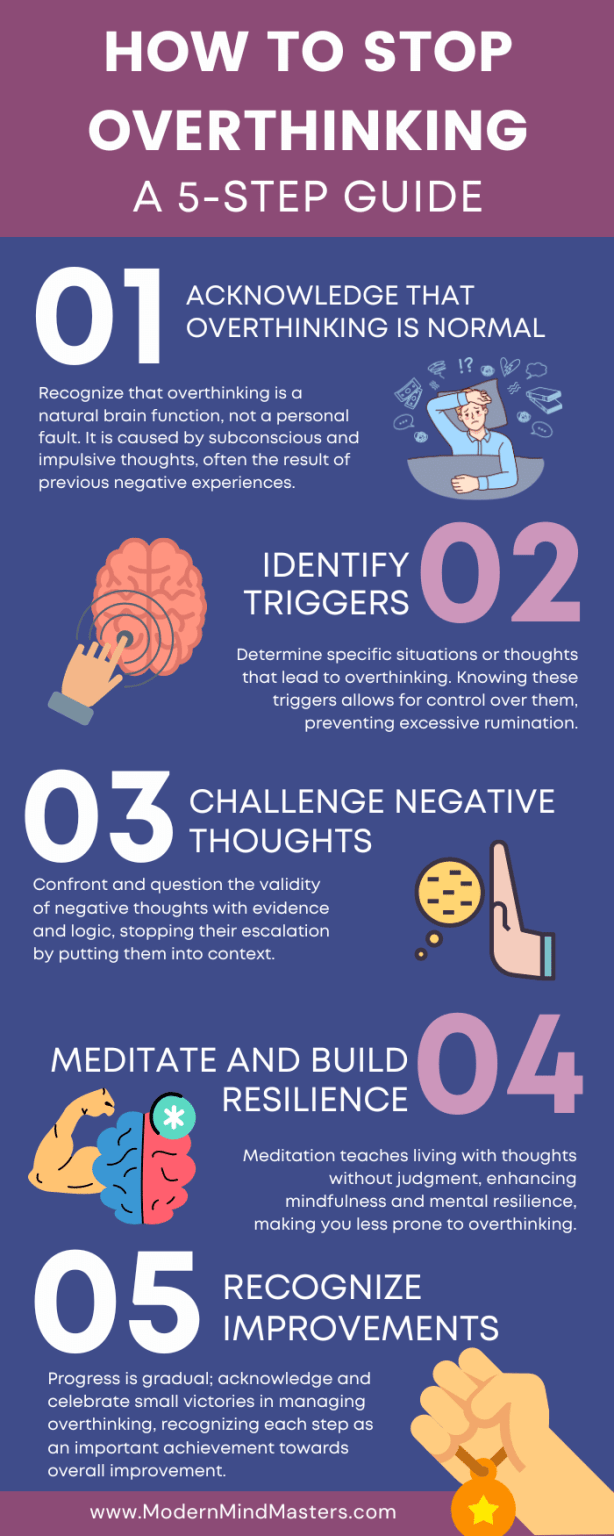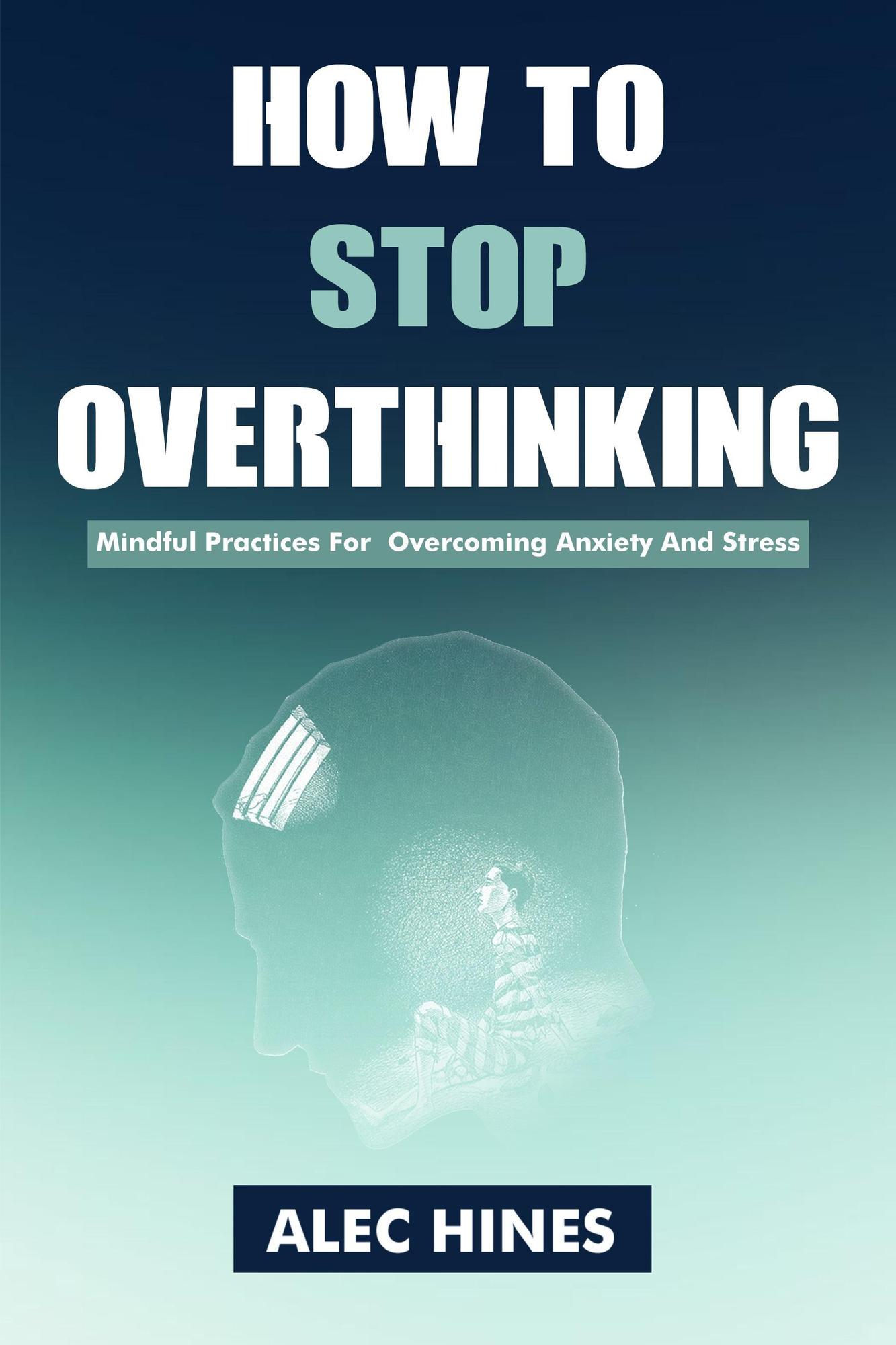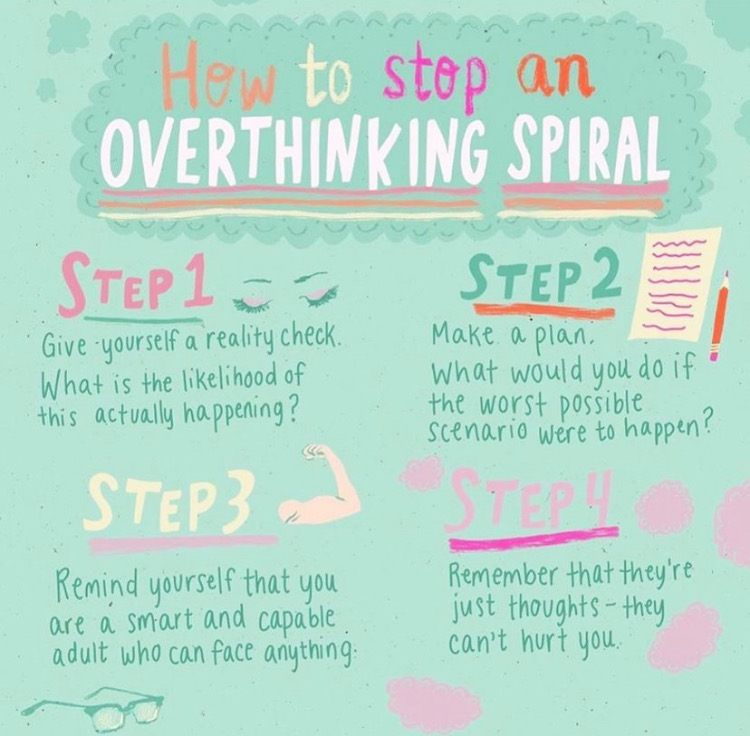How To Overcome Fear And Overthinking

Imagine standing at the edge of a diving board, the water shimmering far below. Your heart pounds, a chorus of "what ifs" echoing in your mind. The cool air suddenly feels heavy, laden with doubt. This, for many, is a daily reality, not just at the pool, but in the arena of life, battling the twin foes of fear and overthinking.
The good news is, you're not alone, and these mental hurdles can be overcome. This article explores practical strategies, grounded in psychological principles, to help you quiet the noise and embrace a more confident and present existence.
Understanding the Landscape of Fear and Overthinking
Fear is a primal emotion, designed to protect us from danger. Overthinking, however, is often a more modern malady. It's the habit of endlessly analyzing situations, replaying past events, and projecting anxieties onto the future. These two can become intertwined, creating a self-perpetuating cycle of anxiety.
According to the Anxiety & Depression Association of America (ADAA), anxiety disorders affect 40 million adults in the United States, highlighting the prevalence of these challenges. Understanding the root of your fear and overthinking is the first step to managing them.
Practical Strategies for Taming the Mind
Mindfulness Meditation: One of the most effective tools for quieting the mind is mindfulness meditation. This practice involves focusing on the present moment without judgment, observing your thoughts and feelings as they arise and pass away.
Regular meditation, even just a few minutes each day, can help you become more aware of your thought patterns and develop a greater sense of calm. Several studies, including those published in the Journal of the American Medical Association (JAMA), have shown the benefits of mindfulness for reducing anxiety and improving overall well-being.
Challenge Negative Thoughts: Overthinking often involves a cascade of negative thoughts. Learn to identify these thoughts and challenge their validity. Ask yourself, "Is this thought based on facts or feelings?" "Is there another way to look at this situation?"
Cognitive Behavioral Therapy (CBT) techniques can be incredibly helpful in this process. CBT focuses on identifying and changing negative thought patterns and behaviors. It could be helpful to seek a therapist, but techniques can also be practiced independently.
Practice Gratitude: Shifting your focus to gratitude can disrupt the cycle of negative thinking. Take time each day to appreciate the good things in your life, no matter how small. This can be as simple as writing down three things you're grateful for each morning or evening.
Take Action: Sometimes, overthinking stems from a fear of the unknown. The best way to overcome this fear is to take action, even small steps. If you're afraid of public speaking, start by practicing in front of a mirror or a small group of friends.
Set Realistic Goals: Overthinking can also be fueled by perfectionism. Set realistic goals for yourself and celebrate your progress along the way. Remember that progress, not perfection, is the key.
Seek Support: Don't be afraid to reach out to friends, family, or a mental health professional for support. Talking about your fears and anxieties can help you gain perspective and develop coping strategies.
The Power of Perspective
Overcoming fear and overthinking is a journey, not a destination. There will be times when you slip back into old patterns. The key is to be patient with yourself, learn from your experiences, and keep practicing these techniques.
Remember that you are capable of more than you think. By learning to manage your fear and quiet your mind, you can unlock your full potential and live a more fulfilling life. Believe in yourself and your ability to overcome these challenges.
Consider the diving board again. Maybe the water still looks daunting, but with each breath, each step forward, you become a little braver, a little more confident. You are not defined by your fears, but by how you choose to overcome them.


















